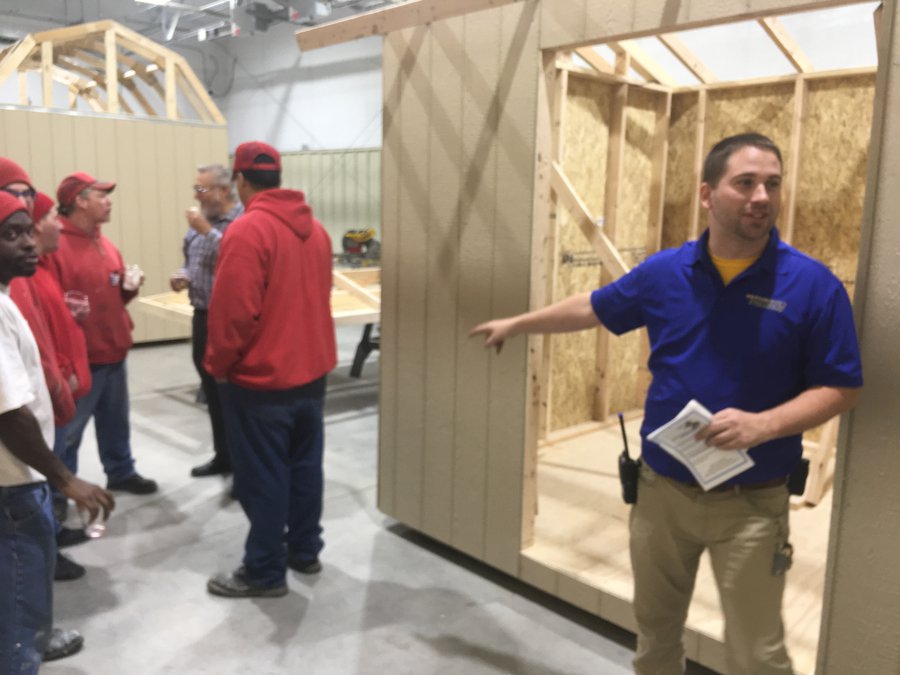Barton Community College is closing its plumbing and carpentry programs at the Larned Correctional Mental Health Facility (LCMHF), Vice President of Instruction Elaine Simmons said. The welding program will continue.
Recent updates in provider contracts with the Kansas Department of Corrections (KDOC) have reduced funding for Barton, Simmons said.
“This change will impact the education and training provided at area correctional facilities, Ellsworth and Larned,” Simmons said. “Residents at these facilities will continue to receive adult education services and limited career technical education. In addition, the college will work to expand its academic offerings available at the facilities while shifting some career technical education programs to its Barton County campus.”
Simmons discussed some of the plans at last Tuesday’s BCC Board of Trustees study session and later provided additional information to the Great Bend Tribune. Barton is a long-term partner and contract provider for the KDOC and became a member of the Kansas Consortium for Correctional Higher Education when it formed in 2020. Simmons warned college trustees then that more educational institutions would be competing for KDOC contracts.
Back in 2018, a new vocational training facility opened at the LCMHF to officer industry-recognized programs in carpentry, plumbing and welding through Barton. (Although the prison’s mission was changed from mental health to vocational rehabilitation, its official name is still LCMHF.)
“It will now be welding only,” Simmons said.
“Our local (correctional) facilities have not walked away from us,” Simmons told the board. “Ellsworth and Larned remain good partners to this institution. We’ve got to take a Cadillac and turn it into a buggy for awhile, and see where the buggy takes us.”
KDOC is looking at a new model for inmate education that brings in multiple service providers and makes the services provided more equitable across the correctional facilities, Simmons said.
Barton President Dr. Carl Heilman added, “The format is in flux. We disagree with the change. (However), “discussion is still occurring, and that’s a good sign.”
Simmons continues to serve on the consortium board.
Board Chairman Mike Johnson commented on Barton’s role as a leader in education at correctional facilities for the past two decades.
“It’s concerning to me,” Johnson said of the latest development. “I understand they want to provide more service across the state but I think we’re the flagship program. We have the premiere training.”
Simmon said the college is still respected in the industry and looks for areas to grow.
“Barton is a recognized leader in correctional education and was awarded the opportunity to participate in the Second Chance Pell program last year,” Simmons said. “Residents at local facilities have the opportunity to apply for federal funds to support participation in academic and career technical education offerings. The college also sponsors a BASICS (Building Academic Skills in Correctional Settings) scholarship program funded through the generosity of area donors.”





